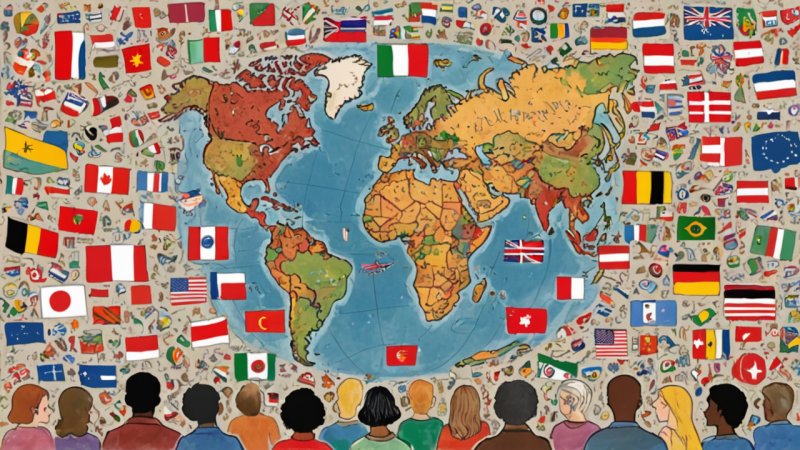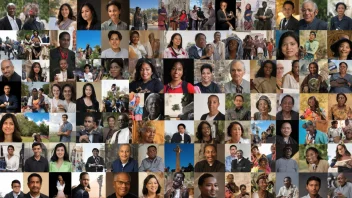Language is the heartbeat of culture, serving as the primary means through which we express our thoughts, emotions, and social identities. As the world becomes increasingly interconnected, the study of language has emerged as a crucial element in understanding diverse cultures. This article explores how language studies enhance our comprehension of global cultures and shape our interactions within them.
At the heart of language studies is the recognition that language is deeply intertwined with culture. Each language reflects the unique worldview of its speakers, encompassing their experiences, history, and values. For example, the use of honorifics in languages like Korean or Japanese illustrates the cultural significance placed on respect and hierarchy. By studying these linguistic features, researchers can gain insights into the social structures and interpersonal dynamics of a given culture.
Moreover, language acts as a vessel for cultural narratives and traditions. Folktales, proverbs, and oral histories often carry valuable lessons and reflect the beliefs of a community. Linguists and anthropologists frequently collaborate to document and analyze these stories, preserving cultural heritage for future generations. For instance, the rich oral traditions of Indigenous cultures provide a wealth of knowledge about their histories, values, and environmental practices. Through language studies, we can appreciate these narratives and their role in shaping cultural identity.
Language also plays a pivotal role in the formation of social identity. The way individuals communicate can signal their belonging to specific cultural or social groups. Dialects, accents, and even slang can serve as markers of identity, allowing speakers to express solidarity with their communities. Language studies illuminate these dynamics, revealing how individuals navigate their cultural identities in diverse contexts. For instance, bilingual speakers often switch between languages depending on their social environment, showcasing their adaptability and the fluidity of cultural identity.
Furthermore, the rise of technology and social media has transformed language and its role in culture. Online communication has given birth to new forms of expression, including memes, emojis, and abbreviations. These innovations reflect contemporary cultural trends and preferences, bridging gaps between generations and communities. Language studies enable researchers to analyze these shifts and understand how they influence cultural interactions in the digital age.
Finally, the study of language fosters empathy and understanding among individuals from different cultural backgrounds. As people engage with new languages, they not only learn to communicate but also gain insights into the values and beliefs that shape other cultures. This cross-cultural understanding is crucial in an increasingly globalized world, where collaboration and cooperation are essential for addressing pressing issues like climate change and social inequality.
In conclusion, language studies are essential for understanding global cultures. By examining the interplay between language and culture, we can deepen our appreciation for the diversity of human experience. As we navigate the complexities of our interconnected world, the insights gleaned from language studies will continue to be invaluable in promoting empathy, respect, and mutual understanding across cultures.
The Influence of Language on Cultural Understanding
Exploring the vital connection between language and cultural understanding.






